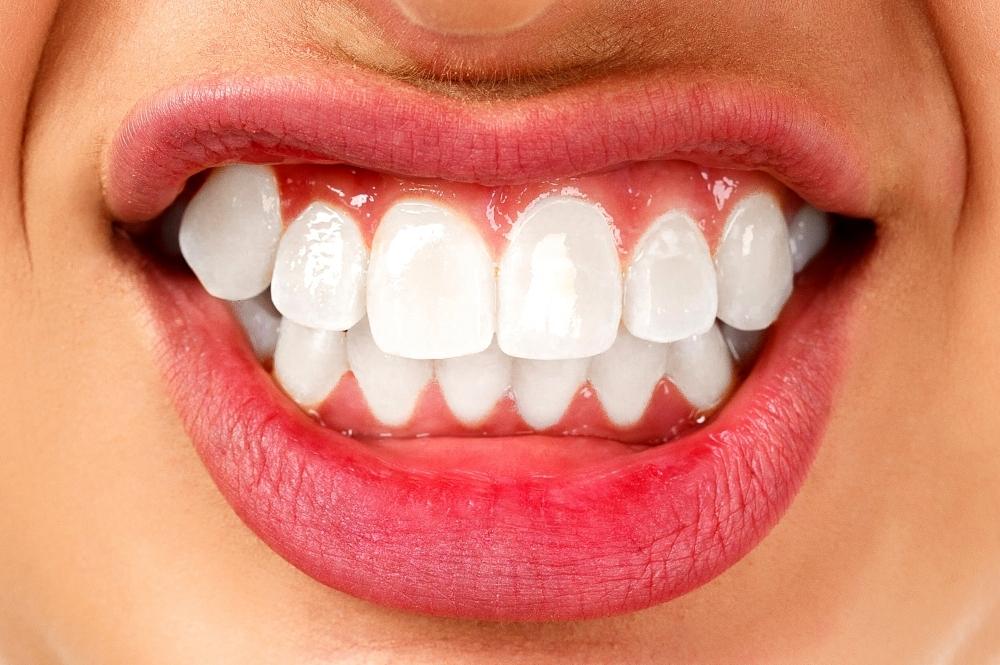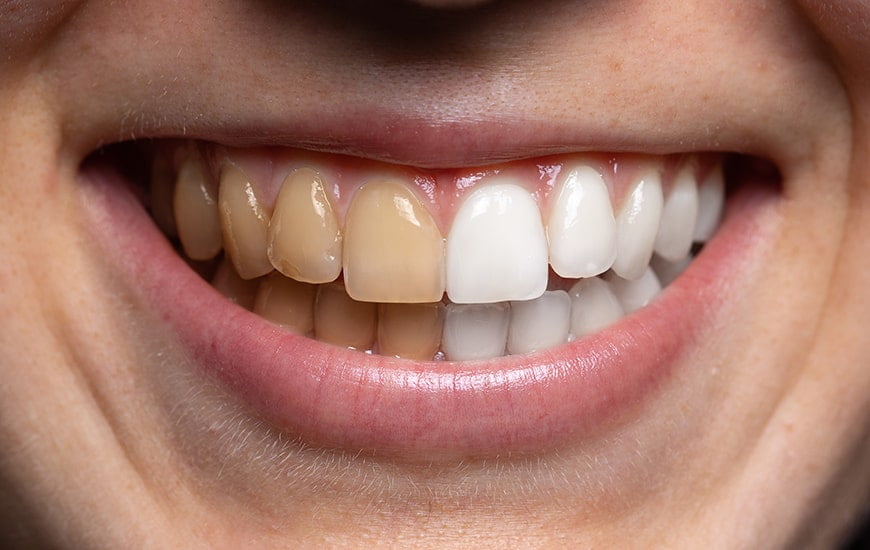What is Bruxism?

Bruxism, a condition characterized by the involuntary grinding or clenching of teeth, affects many people worldwide. This often unnoticed dental issue can lead to a variety of problems if left untreated. At Lema Dental Clinic, we specialize in diagnosing and treating bruxism to help you achieve better oral health and comfort. In this blog post, we’ll delve into what bruxism is, its causes, symptoms, and the treatment options available to manage this condition effectively.
What is Bruxism and Why Does it Happen?
Bruxism refers to the habit of grinding or clenching your teeth, usually during sleep. This condition can also occur during waking hours, often triggered by stress or anxiety. Understanding the root causes of bruxism is essential for effective treatment and prevention.
Causes of Bruxism
Several factors contribute to bruxism, including:
- Stress and Anxiety: Emotional tension is a major contributor to bruxism. People under significant stress or those with anxiety disorders often clench their teeth as a response to these feelings.
- Misaligned Teeth or Bite Issues: Dental misalignment can cause an improper bite, leading to unconscious grinding or clenching as the body attempts to find a comfortable position.
- Sleep Disorders: Conditions such as sleep apnea can increase the likelihood of bruxism, as disrupted sleep patterns may exacerbate teeth grinding.
By identifying and addressing these causes, we can develop a targeted treatment plan to alleviate the symptoms and prevent further damage.
Symptoms and Impact of Bruxism
Recognizing the symptoms of bruxism is crucial for early intervention. The signs of bruxism can vary from mild to severe, affecting both dental health and overall well-being.
Common Symptoms of Bruxism
- Teeth Grinding Sounds: Often noticeable to a sleeping partner, these sounds can be a sign of bruxism.
- Tooth Wear and Damage: Persistent grinding can lead to enamel erosion, tooth sensitivity, and even fractures.
- Jaw Pain and Headaches: The constant pressure on the jaw muscles can result in pain, soreness, or tension headaches.
- Sleep Disruptions: Individuals with bruxism may experience restless sleep or fatigue due to frequent nighttime grinding.
If you experience any of these symptoms, it’s important to consult with a dental professional. At Lema Dental Clinic, we offer comprehensive evaluations to determine the extent of bruxism and its impact on your dental health.
Effective Treatments for Bruxism
Managing and Treating Bruxism at Lema Dental Clinic
There are various strategies to manage and treat bruxism, depending on its severity and underlying causes. At Lema Dental Clinic, we tailor our treatments to meet individual needs, ensuring the most effective approach for each patient.
- Mouth Guards and Splints: Custom-made mouth guards are designed to protect your teeth from grinding damage. These devices help cushion the impact and reduce the strain on your jaw muscles.
- Stress Management Techniques: For bruxism triggered by stress, incorporating relaxation techniques such as mindfulness, therapy, or lifestyle changes can be beneficial.
- Dental Corrections: If misalignment is contributing to bruxism, orthodontic treatments may be recommended to correct bite issues and prevent further grinding.
- Medications: In some cases, medications such as muscle relaxants or anti-anxiety drugs may be prescribed to alleviate symptoms.
The Treatment Process and Duration
The treatment for bruxism involves several steps, starting with a thorough evaluation. Your dentist will assess the severity of your condition and discuss the best treatment options. The duration of treatment varies depending on the chosen approach, with some options providing immediate relief while others may take longer to show results.
Cost and Considerations
Understanding the Financial Aspects
The cost of bruxism treatment can vary based on the type of intervention required. At Lema Dental Clinic, we provide transparent pricing and work with you to find a solution that fits your budget. Here’s a general overview of potential costs:
- Mouth Guards and Splints: Custom mouth guards typically range from $300 to $800, depending on the complexity and material used.
- Orthodontic Treatments: Corrective dental work may cost between $3,000 and $8,000, depending on the extent of the misalignment.
- Stress Management: Therapy or stress reduction programs can vary widely in cost, depending on the provider and frequency of sessions.
We encourage you to schedule a consultation for a personalized estimate and explore flexible payment options available at our clinic.
Frequently Asked Questions About Bruxism
How do I know if I have bruxism?
Common signs include teeth grinding sounds, tooth wear, jaw pain, and headaches. If you experience these symptoms, it’s important to see a dental professional for an evaluation.
Can bruxism be completely cured?
While bruxism can often be managed effectively, it may not always be completely cured. Treatment focuses on reducing symptoms and preventing damage, with ongoing management as needed.
Are there home remedies for bruxism?
Home remedies such as practicing relaxation techniques, using stress-reducing strategies, and applying warm compresses to the jaw can help alleviate symptoms, but professional treatment is often necessary for long-term management.
How can I prevent bruxism?
Preventive measures include managing stress, correcting dental misalignments, and using mouth guards. Regular check-ups with your dentist can also help monitor and address any emerging issues.
In summary, bruxism is a common but manageable condition that can significantly impact your dental health and overall well-being. At Lema Dental Clinic, we are dedicated to providing comprehensive care to help you address bruxism effectively. From custom mouth guards to stress management strategies, our goal is to help you achieve relief and maintain a healthy, pain-free smile. Contact us today to learn more about our treatment options and how we can assist you in managing bruxism.

